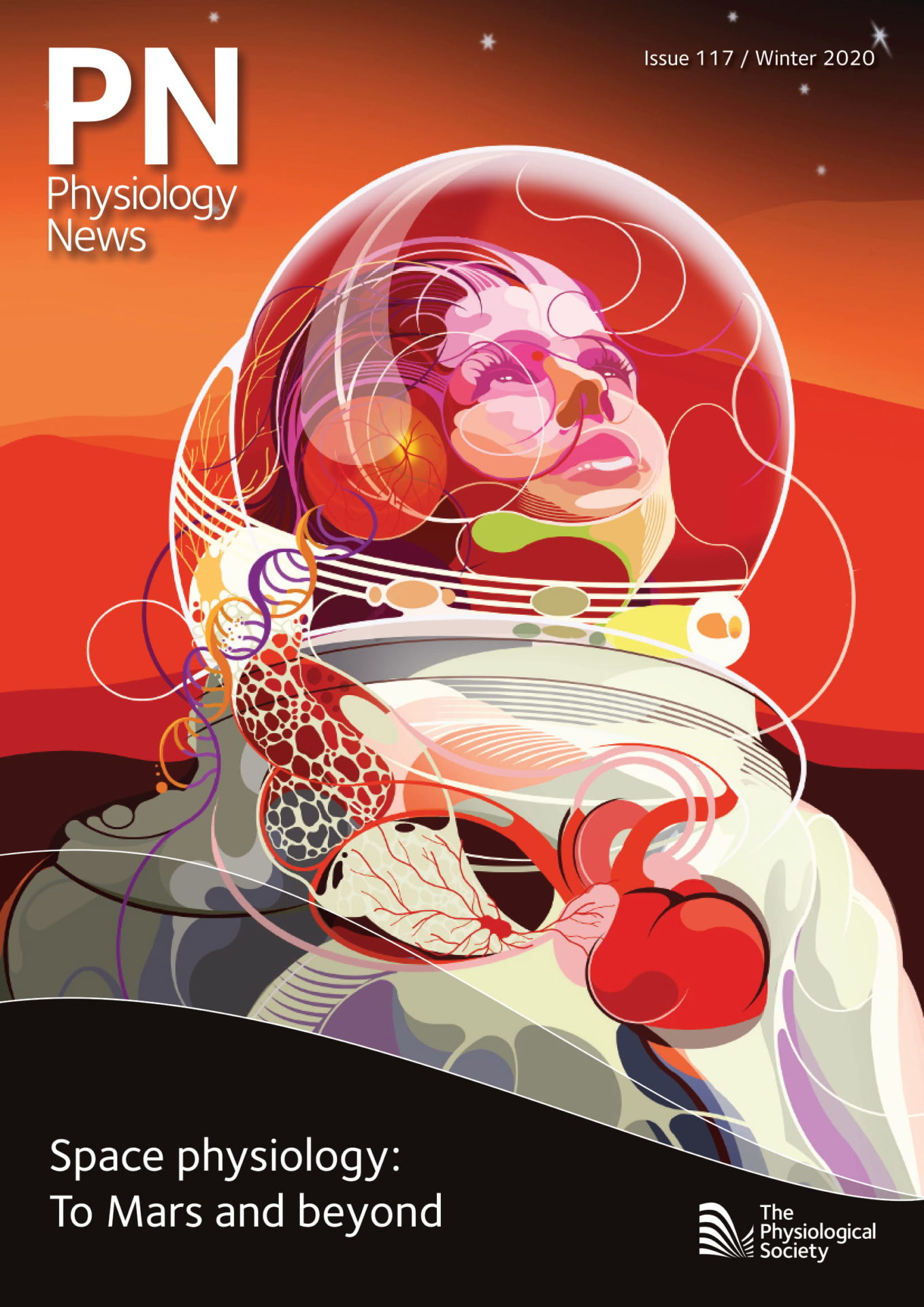
Physiology News Magazine
Partnerships, communities and inclusion to drive better research
Events
Partnerships, communities and inclusion to drive better research
Events
Lilian Hunt
Programme Manager at EDIS (Equality, Diversity and Inclusion in Science and Health)
https://doi.org/10.36866/pn.117.19
9 September 2019,
Francis Crick Institute,
London, UK
The EDIS Symposium 2019 was held on 9 September at the Francis Crick Institute on the theme of inclusive research and experimental design. We wanted to explore the concepts of equality, diversity and inclusion (EDI) in relation to how we fund, design and conduct research for the benefit of human health. Creating these links between EDI and research helps show how inclusivity in all its forms can improve research and health outcomes, and importantly how ignoring these ideas can actively harm them.
In addition, the symposium had the aim of creating an inclusive culture at the event and removing barriers to participation. We know that attending and presenting at research conferences is vital to career progression, as well as personal and professional development. We also know that some within the science and health research sector are systematically excluded from attending, contributing to or participating fully in these events. We experimented with new ideas to increase access and participation, and we’ve shared the different ways we did this in our delegate booklet that’s available online(*1).
At the EDIS symposium, Katherine Cowan, Senior Advisor to the James Lind Alliance, spoke about the need to work with researchers, clinicians, patient groups and communities together on an equal level to determine research priorities. Working in this way can fundamentally change the topics of research that are prioritised for different diseases and build understanding and mutual respect between “researchers” and “those whom research is being done to”. Examples include the autism community’s ask for funding to be shifted from neuroscience to social care(*2), and the schizophrenia community’s need for more research to be focused on tackling weight gain(*3,*4).
The merging of basic biomedical science with social science to better understand disease, patient and societal context is imperative. This is particularly true within the field of population genetics as it focuses more on personalised genomic medicine. However, the literature of genomics is littered with the language of social constructs such as race, and this can be a barrier to understanding. Ewan Birney presented alternative language to use within the field, moving from societal ethnic classifiers (such as “Western European”) to pluralised ancestry descriptors (e.g. “European Ancestries”) as a possible method to move away from current terms for ethnic groupings with genetics. Ethnic groupings are often problematic due to their poor alignment with genetics and, as they get used as proxies for genetic difference, personal and cultural contexts of diseases and phenotypes are lost.
Emma Baple also presented work in genetics on developing deep, mutually beneficial and culturally sensitive research partnerships with isolated communities. These can help to develop novel insights into known inherited diseases. These relationships take time and respect but a community, clinical, biomedical and social science interdisciplinary collaborative framework can address research and healthcare inequalities and unmet needs. Baple’s team have developed a course detailing their community approach to genomic medicine and research where key concepts could be explored in other fields5. Findings from population-specific genetic testing can also be translated globally, reaching others whose diagnosis has so far evaded discovery through typical clinical phenotyping(*6).
Understanding that, as scientists, no work is done in isolation but as part of a complex research system that is accountable to public health should be fundamental to how we work. Holding this understanding at the core of decision-making, research design and how we conduct research helps bring a people-centred approach to biomedical, medical and health research. If we include underrepresented groups, areas of unmet need and co-production in our research we are far more likely to produce results that benefit communities long-term and tackle health inequalities. The importance of inclusive research and experimental design cannot be emphasised enough; however, we must integrate biomedical, medical and social sciences to build trust and meaningful relationships to do so.
References
- edisgroup.org/edis-symposium-2019/977-2/
- autistica.org.uk/downloads/files/Autistica-Scoping-Report.pdf
- j la.nihr.ac.uk/priority-setting-partnerships/schizophrenia/top-10-priorities/
- assets.publishing.service.gov.uk/government/uploads/system/uploads/attachment_data/file/591875/obesity_in_mental_health_secure_units.pdf
- futurelearn.com/courses/community-genetics6. ncbi.nlm.nih.gov/pubmed/30996339 DOI: 10.1038/s41433-019-0436-9

